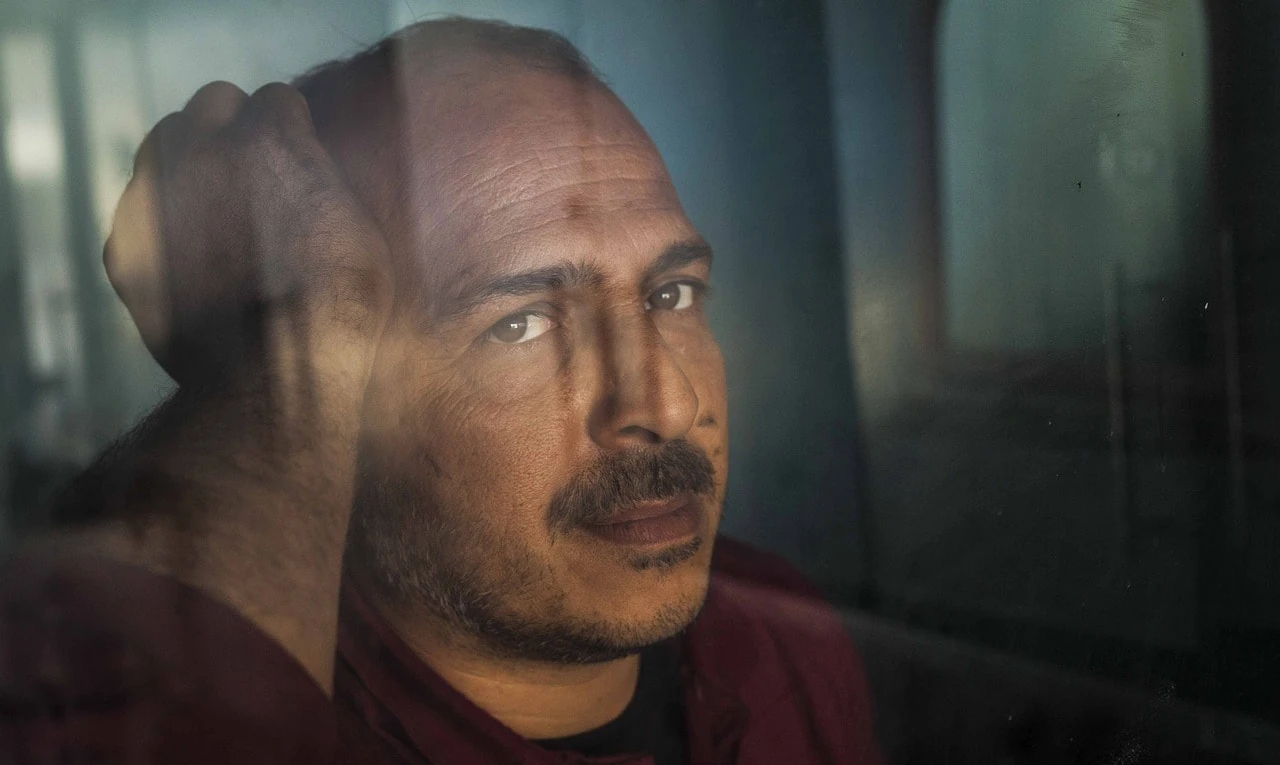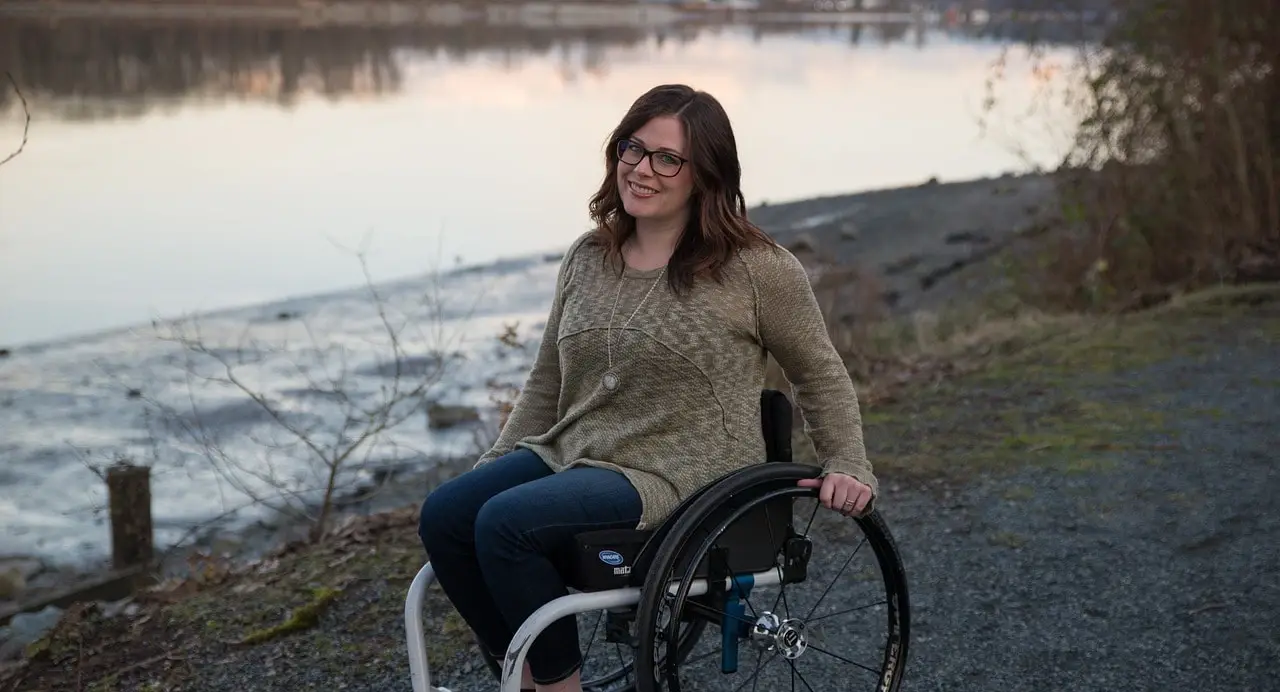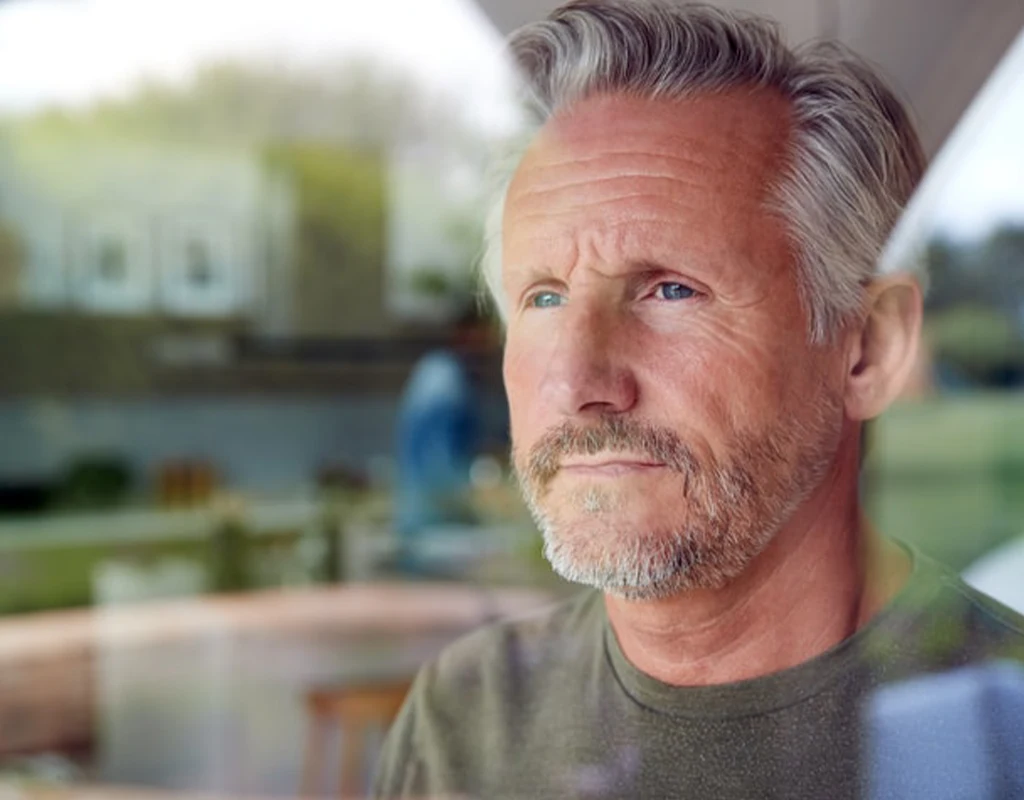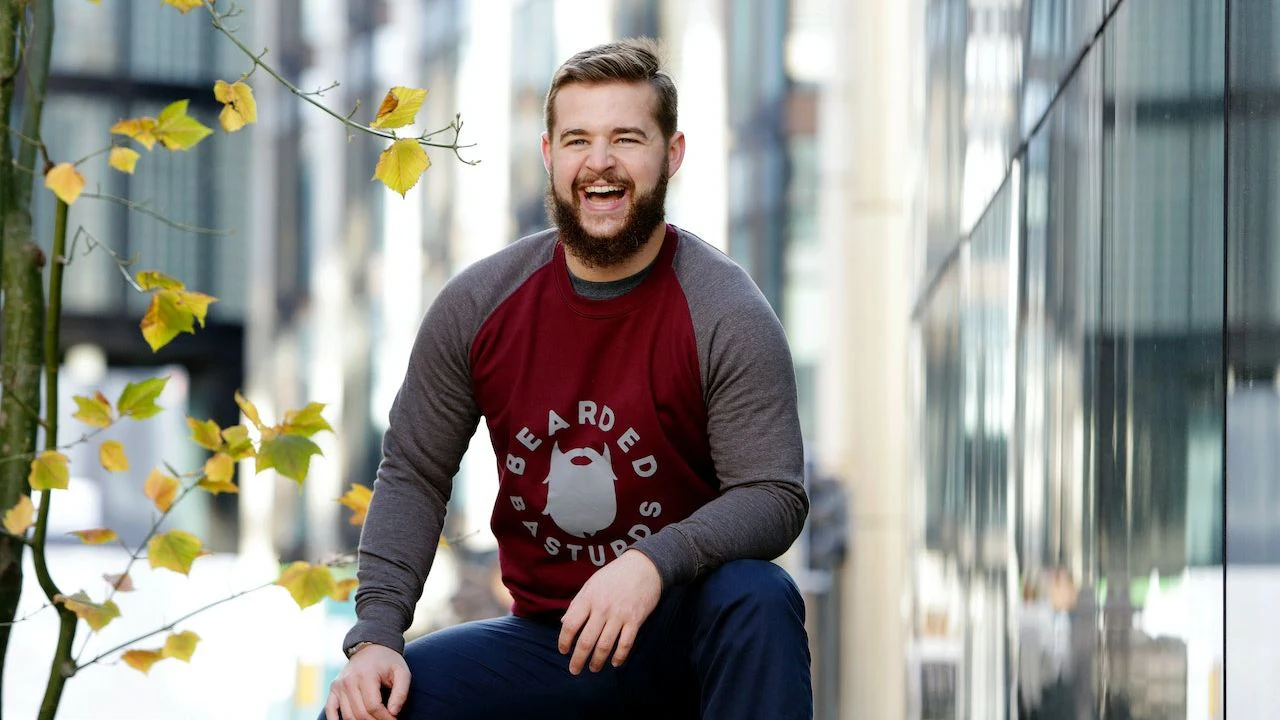When you have any sort of condition – mental or physical – having a great support team around you makes all the difference. People with mental health conditions can get treatment, put in place strategies, and find solutions to live happily and functionally, but organising and coordinating all these supports can be a challenge.
Both recovery coaching and support coordination can help you with this, and while there’s a common misconception that recovery coaching is just support coordination for mental health, there are actually some key differences in the way they work. Recovery coaching is still not a well-known support service, and it’s not uncommon for people to misunderstand its purpose. So, if you’re not quite sure what it is – you’re not alone! In this article, we’ll step you through exactly what a recovery coach does, how the approach is different from a support coordination service, and how to decide which is best for you: support coordination or recovery coaching.

What Does an NDIS Support Coordinator Do?
First, let’s look at what a support coordinator does. The role of a support coordinator is to help you understand what’s included in your NDIS plan and to find the right support services for you and your situation. This can include:
- Explaining different types of support
- Looking at the available options and helping you to make your own choice about the providers you want to use
- Helping you get started with a new provider, including negotiating arrangements and pricing, making sure the provider understands your situation and preferences, and organising bookings
An NDIS support coordination service can help you to:
- Understand the NDIS price guide and how to use your plan
- Build community connections
- Help you achieve your NDIS goals
- Assist you with NDIS reviews
- Help you establish your supports
- Help problem-solve and manage a crisis
The National Disability Insurance Agency (NDIA) has included the functions of a support coordinator in the expectations of the recovery coaching role. So, it’s true that recovery coaches can help you get the most out of your NDIS plan, but they do much more than that. A good support coordinator will look beyond your NDIS-funded supports to the bigger picture – ideally, you will have a strong network of supports, both formal (like paid services) and informal (like family and friends). Support coordinators should also recognise that most people have personal goals in addition to the goals listed in their NDIS plan. It’s essential to take those into account as well.
There are also specialist support coordinators who are trained to work with more complex cases or in situations where there’s a risk the participant may not be able to get critical support unless they have help from an expert. If you have a complex support environment, you might use a specialist support coordinator for a short period to fix some issues and get good support systems in place, setting you up for the future. Read more in our guide to specialist support coordination.
How Do You Pay for Support Coordination?
If you have an NDIS plan, funding for support coordination services comes under the Capacity Building – Support Coordination category. It might be allocated at the category level or at the line item level, which means you can only use that funding for support coordination. If you don’t have an NDIS plan, you can still use a support coordination service; it just means you need to pay for it yourself.
How Much Does Support Coordination Cost Under the NDIS?
The NDIS Price Guide sets out limits for the cost of support coordination services. The price limit for support coordination services is the same no matter the time of day or day of the week you see the support coordinator. For non-remote areas, the price limit for support coordination is $100.14 per hour, for remote areas it’s $140.19 per hour, and for very remote areas it’s $150.21 per hour.

What Does a Recovery Coach Do?
Recovery coaching is an effective way of supporting people with mental illness and psychosocial disability. It’s a well-established way of working with people; the NDIS didn’t invent it: recovery coaching was brought into the NDIS because it works. Recovery coaches are essentially paraprofessionals, with qualifications and years of experience working with people with mental health conditions. All of Goal Coach’s coaches are fully qualified recovery coaches and have years of experience in the sector or lived experience of mental illness.It’s true there are some similarities between recovery coaching and support coordination. Just like a support coordinator, recovery coaches:
- Know all about the NDIS price guide and how to use your plan
- Build community connections
- Help you achieve your NDIS goals
- Assist you with NDIS reviews
- Help you establish your supports
- Help problem-solve and manage a crisis
But recovery coaches also:
- Have specialist knowledge and skills in recovery
- Know how the mental health system works and can help you navigate it
- Understand the impact of stigma and use empowering language
- Coach and support people to work towards your recovery goals
- Work with your other services to make sure you’re supported in a way that works for you
- Can help you create advance directives and crisis management plans to support you if you become unwell
- Assist with discharge planning
The NDIA has included the functions of a support coordinator in the expectations of the recovery coaching role. So, it’s true that recovery coaches can help you get the most out of your NDIS plan, but they really do so much more than that. Part of the difference is in the approach that recovery coaches take, which is quite specific. It’s coaching support rather than purely coordinating support – the names are pretty spot on!
What is a Mental Health Recovery Plan?
A recovery plan clarifies the roles and responsibilities of the participant, the recovery coach, clinical supports, NDIS supports, and informal supports (like friends and family). Your coach will usually involve key service providers from the start as you develop your recovery plan. It’s really important that everyone is on the same page and working together. This could be a meeting all together or by sharing information by phone or email – whatever will work best for your situation. A recovery plan will:
- Map out short-term and long-term goals for the individual
- Identify fluctuations in the recovery journey and make necessary tweaks to the plan
- Support the individual by outlining their responsibilities in recovery
- Show where other NDIS supports, informal supports, and clinical supports fit together
Recovery plans have different timelines but usually cover extended periods to provide the best quality of support for you.
Recovery Coaching at Goal Coach
At Goal Coach, the way we look at recovery coaching is that it’s our job to support you to live your life well – and this is different for each person. You’re the expert in your own life, so we work with you at your pace to make your own decisions, build on your strengths, and gain more independence. Coaches are all about creating a safe space for people to learn and grow in the direction they want to go, helping you release potential and genuinely believe you can achieve your goals. Recovery coaches don’t look at what’s wrong and provide one solution or fix; they take time to understand you and your strengths to create a life you choose. We don’t just help with your NDIS plan; we look at the bigger picture across all areas of your life to bring together all your supports, connections, opportunities, and activities. We are committed to doing this in ways that support mental wellbeing, including being sensitive to the potential impacts of trauma. Read more about Goal Coach’s approach.
What is the NDIS Line Item for Psychosocial Recovery Coaching
Funding for a psychosocial recovery coach comes under the Capacity Building – Support Coordination category, and it has its own line item called ‘psychosocial recovery coaching’. Different price limits apply depending on when the support is given (time of day and day of the week) and whether you are in a remote area or not.

3 Key Differences Between Support Coordinators and Recovery Coaches
Psychosocial recovery coaches have a recovery-oriented approach and will help you to put together a mental health recovery plan.
1. Knowledge and Experience with Mental Health Conditions
Psychosocial recovery coaches have extra experience working with people who have psychosocial disabilities. They understand the stigma that comes with mental health conditions and they use empowering language and coaching techniques. They also have experience dealing with the mental health care system.
2. Mental Health Recovery Planning
Psychosocial recovery coaches have a recovery-oriented approach and will help you to put together a mental health recovery plan.
3. Different NDIS Line Items and Price Limits
While both support coordination and psychosocial recovery coaching come under the same category in NDIS plans, they have their own line items (conveniently called ‘support coordination’ and ‘psychosocial recovery coaching’). These line items have different price limits – recovery coaching is a little cheaper per hour, but there are higher rates for outside normal business hours (for example, on the weekend). Support coordination has a flat hourly rate.
Do I Need a Support Coordinator or a Recovery Coach?
If you’re using your NDIS plan to pay for supports, the first step is to check what’s in your plan budget. If you have a recovery coaching budget at the category level, the choice is yours – you can use your budget for either support coordination or recovery coaching. If the budget is a stated item, this means you can only use it for recovery coaching. If you want some help understanding this, just get in touch with us and we’ll help you figure it out. Similarly, if you have stated funding for support coordination, you can only use those funds for support coordination. In line with the NDIS price guide, recovery coaching is usually a bit cheaper per hour than support coordination, but the fee structures for them are a little different. With support coordination, you have a flat fee no matter when or what day the service is delivered. However, with NDIS Recovery Coaching, the price changes depending on the time of day and whether it’s a weekend.
If your funding will cover either service, the next step is to think about your situation and what you want to achieve.
When Do You Need a Support Coordinator?
You need a support coordinator when your focus is on creating a strong support network and organising a great team of support services that are all working together to help you get closer to your goals.
When Do You Need a Recovery Coach?
You need a recovery coach when your primary disability is a psychosocial disability and you want a recovery-oriented approach. A coach will be more focused on personal growth in the context of your mental health, and they’ll work with you to create a mental health recovery plan. They’ll also have more experience with mental illness, the mental health system, and crisis management planning.

Can You Use a Support Coordinator and a Recovery Coach?
Yes, you can! Unless your NDIS funding is stated, you will be able to use your budget flexibly between the two services. Goal Coach often works with people who would like to keep their existing support coordinator in place to assist with specific tasks but are also looking to work on their own personal discovery and growth journey with a dedicated coach.
Whether you need a support coordinator or a recovery coach – or both – Goal Coach has experienced professionals who can help you to live your life well. Book a free 15-minute chat to find out more.










